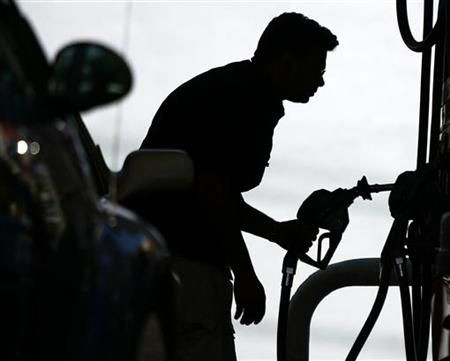Latest Economic Crisis Forces Portfolio Revamps

Physical gold is the ultimate collateral because it has no credit risk, so emerging market central banks have been diversifying their foreign exchange reserves into gold and other non-dollar, non-euro assets in recent quarters, according to the Bank of America Merrill Lynch's Global Commodity Research team.
Merrill's research team announced that they've rebalanced their actively managed commodity indices in favor of non-cyclical commodities such as gold. The team downgraded oil in their indices and warned that the price of crude will continue to put a drag on the global economy. The development of more aggressive techniques to search for shale gas means natural gas has become less cyclical, prompting the bank to favor a tactical defensive overweight on natural gas.
"In response to recent disappointing macro data, the U.S. and European debt crises and the sharp correction in risk assets, we shuffled our active indices to express a bearish view in highly cyclical commodities such as crude oil and copper," an analyst with BofA Merrill Lynch, Francisco Blanch, said.
Merrill Lynch's analysts said that the last two times that energy as a share of GDP neared 9 percent - near the current level - the world economy faced the double-dip recession of the 1980s and the Great Recession of 2008.
A recessionary environment could create an oil demand contraction of as much as 0.4 million barrels a day next year - quite a difference compared to the bank's current projection of 1.5 million barrels a day this year. Such a drop in consumption would, in turn, make for a significant output reduction. "Should the credit downgrade in the United States dampen confidence further and create a mild global recession, we would expect to see Brent crude oil prices briefly breaking below $80 a barrel, only to gain back that level as OPEC turns the taps off," Blanch said.
Economists at Merrill Lynch estimate that the Saudi government budget requires $95 a barrel to break even this year and $85 a barrel next year. Regarding precious metals, Merrill Lynch said that a rally in gold prices to $2,000 an ounce won't necessarily be a straight line, especially if liquidity dries up with sovereign debt collateral suffering cuts in both America and Europe.
"Adding the current uncertainty linked to the U.S. downgrade and the European debt crisis, we find that the global economy is standing on very frail pillars," said Blanch. "The loss in confidence could add a further drag on private consumption and investment and thus economic growth more generally."
© Copyright IBTimes 2024. All rights reserved.





















